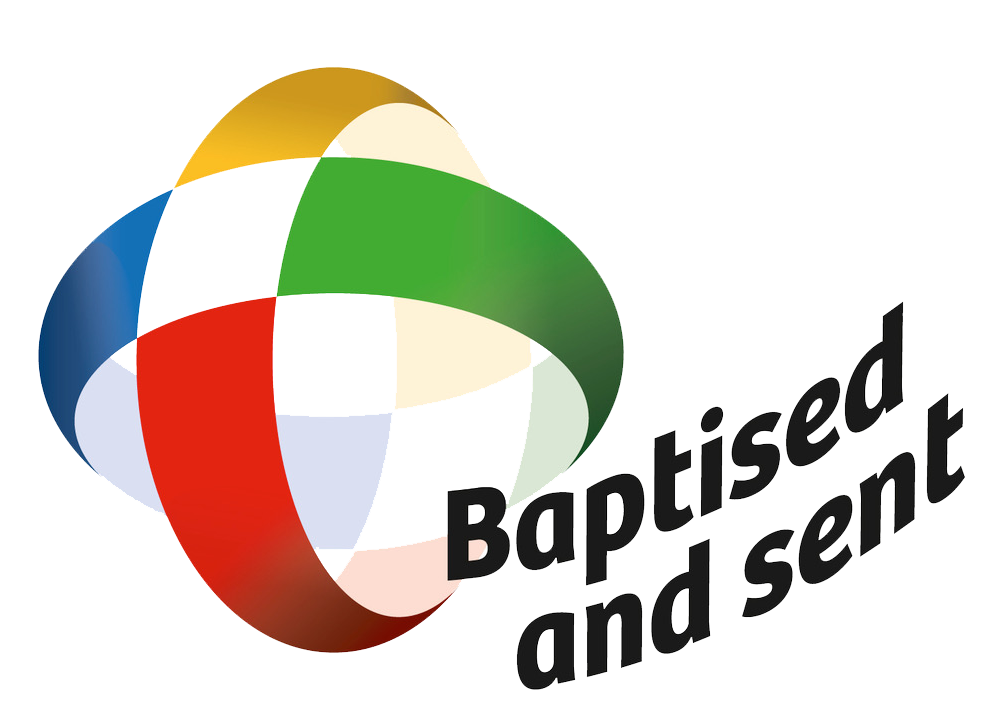Charles de Foucauld was born in Strasbourg, France, on September 15, 1858, into a noble family, but to his misfortune, he lost his parents at an early age and was raised by his maternal grandfather. The young Charles soon became known for his intelligence and desire to study. However, although he continued to respect the Catholic religion, he gradually moved away from the Faith and no longer believed in God. After two years of studying at Military School, he became an officer. At the age of 20, with outstanding financial possibilities because of an inheritance from his grandfather, who had passed away, Charles began his search for pleasure in worldly things. Soon, however, he discovered that life in the barracks was not suitable for him, and, in 1882, he resigned from the army. From Algiers, Charles visited Morocco with a Jew named Mordecai as a guide, at a time when the country was forbidden to Europeans. For 11 months, he was insulted, stoned, and at risk of dying, but after having travelled for more than 3,000 kilometers, he managed to cross the country and reach the border with Algeria in May 1884. The endeavor earned him the gold medal of the French Geographical Society the following year, but Charles did not seek glory. In 1886, he recovered with his family in Paris, where he came into contact with very intelligent, virtuous and Christian people and, at the same time, felt a strong interior grace growing inside him which led him to return to the Church, where he spent long hours asking God to be able to know him. Even though Charles was very close to his family and friends, he eventually developed the desire to leave everything behind to follow Jesus. On January 15, 1890, he entered a Trappist monastery, but he still felt called to something else. In 1897, the Superior General of the Trappist Monks allowed him to follow his vocation, and Charles left for Nazareth, where the Poor Clares took him in as a coworker. Returning to France after a few years, he received his priestly ordination at Viviers, Ardèche, in 1901, and the following year he arrived in Algeria, settling in Beni-Abbés, in the Sahara Desert, on the border with Morocco. Every day he spent many hours in front of the Tabernacle, and someone would always knock on his door. A fortunate encounter with a clergyman introduced him to the Tuareg people who had no priest willing to serve them, so he made himself available, remaining with them the last eleven years of his life. The Diocese of Viviers agreed to send Fr. Charles de Foucauld, a missionary and a secular priest, to the diocese of Ghardaia where Hoggar was his parish, an area of over 2,000 km in diameter. Fr. Charles was not a hermit, he spoke with the Tuaregs in their Tamasheq language, learning it so well that he wrote an extraordinary dictionary with an innovative methodology based on meaning, which made the survival of the Tuareg culture possible. He was a missionary in the style of Matteo Ricci, an Italian Jesuit priest who was a missionary in China. If upon his arrival in Tamanrasset in the Hoggar Mountains, Fr. Charles found a hermitage with a few huts, he left it with fifty huts the day he died at the hands of robbers in December 1916. He was always interested in the progress and development of his flock, working to improve its education. The missionary, Fr. Charles de Foucauld, a man of relationships, sharing, dialogue, friendship and brotherhood, was beatified by Pope Benedict XVI on November 13, 2005. At the end of the celebration, the Pope said: "Let us give thanks for the witness born by Charles de Foucauld. In his contemplative and hidden life in Nazareth, he discovered the truth about the humanity of Jesus and invites us to contemplate the mystery of the Incarnation; in this place he learned much about the Lord, whom he wanted to follow with humility and poverty. He discovered that Jesus, who came to join us in our humanity, invites us to universal brotherhood, which he subsequently lived in the Sahara, and to love, of which Christ gave us the example. As a priest, he placed the Eucharist and the Gospel at the heart of his life, the two tables of the Word and of the Bread, source of Christian life and mission."
